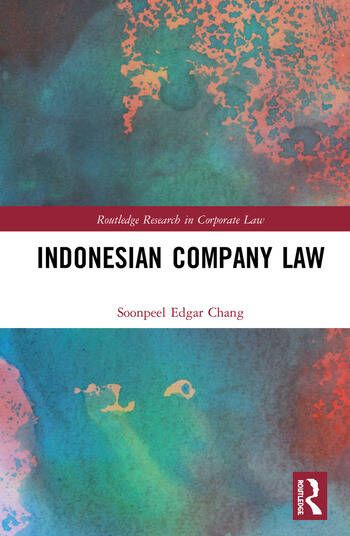We are now closed for the Christmas and New Year period, returning on Monday 5th January 2026. Orders placed during this time will be processed upon our return on 5th January.

In modern countries, a company is commonly categorized as either public or privately-held, depending on whether securities are publicly traded on the open market, into a government-owned company or private company depending on government ownership, or a financial company or non-financial company depending on its main business, and so on. Of course, these categories are generally used in Indonesia as well. A unique aspect in Indonesia is that a well-settled legal practice mainly uses a dichotomy of company types that is rarely popular in foreign countries: a company with foreign direct investment (penanaman modal asing, or PMA) or company with 100% domestic direct investment (penanaman modal dalam negeri, or PMDN). Government plans concerning how to differently regulate these companies frequently becomes a national issue, as it is one of the main standards to evaluate how effectively and willingly the Indonesian government develops its economic policies. Laws, regulations, and actual legal practice also treat the two types of companies differently, based on whether a company has a foreign shareholder. Although many foreign countries are also equipped with similar regulations over companies with foreign direct investment, Indonesia distinctively applies this dichotomy for much wider uses for several reasons.